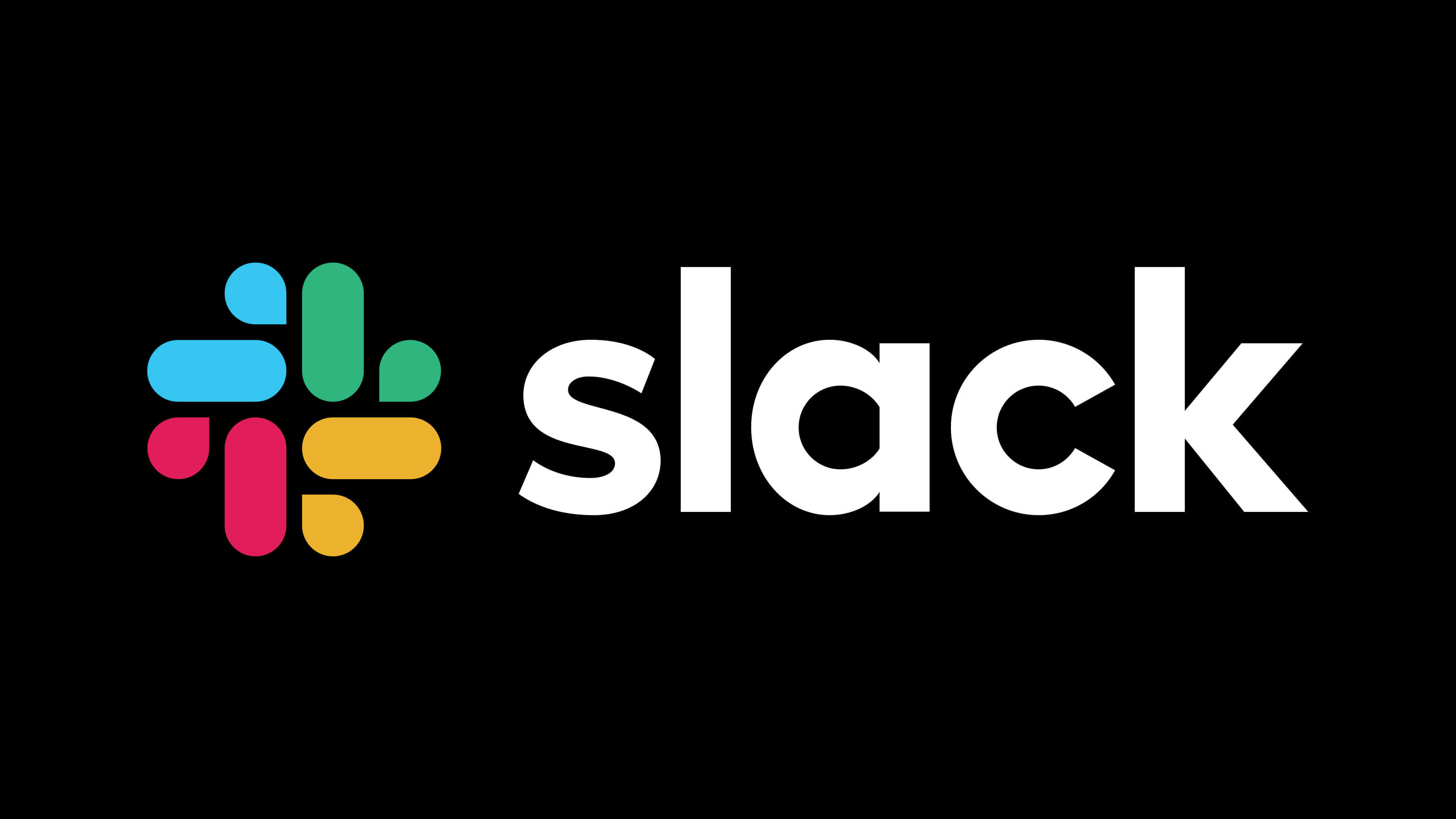The Importance of Continuous Learning in Tech

The tech industry is a dynamic field where innovation happens rapidly, and yesterday's cutting-edge skills can quickly become outdated. For professionals in this space, continuous learning is not just an option—it's a necessity. Staying ahead in the ever-evolving world of technology requires a commitment to ongoing education, skill enhancement, and adaptability. Whether you're just starting out or are a seasoned professional, continuous learning can make the difference between a thriving career and one that stalls. In this blog, we'll explore why continuous learning is essential in tech, and how certifications and personal projects can significantly enhance your marketability.
Why Continuous Learning is Crucial in Tech
The pace of technological change is unprecedented. New technologies, frameworks, and methodologies are introduced regularly, and staying up-to-date is crucial for anyone looking to advance or even maintain their position in the tech industry. In fact, according to research, 94% of tech employees recognize the need to learn new skills to remain employable. The demand for tech professionals with current knowledge and skills is higher than ever, and continuous learning is the best way to meet this demand. Here's why it's so crucial:
- Technological Advancements: Every year, new programming languages, tools, and platforms emerge. For example, cloud computing, artificial intelligence, and blockchain are no longer niche areas but are becoming mainstream in various industries. Keeping pace with these advancements is essential for anyone who wants to stay relevant in their field.
- Evolving Job Roles: Job descriptions in tech are constantly evolving. A role that once focused on traditional IT skills might now require knowledge of cloud services or data analytics. Continuous learning ensures that your skills remain aligned with the demands of the job market.
- Competitive Edge: The tech industry is highly competitive. Professionals who invest in continuous learning are more likely to stand out to employers and are better positioned for promotions and new opportunities.
- Adapting to Industry Changes: The tech industry is often subject to rapid changes, such as shifts in consumer demand or the introduction of disruptive technologies. Continuous learning allows you to adapt quickly, ensuring you're not left behind.
Without continuous learning, professionals risk becoming obsolete in a field that values innovation and adaptability. By staying committed to ongoing education, you not only keep your skills current but also demonstrate a proactive approach to your career development.
Getting Certifications: A Pathway to Career Advancement
Certifications are a powerful way to validate your expertise and commitment to continuous learning. They provide tangible proof of your skills and knowledge, which can significantly enhance your resume and appeal to potential employers. In the tech industry, where practical skills are often prioritized over formal education, certifications can be a critical factor in career advancement. In fact, tech professionals with certifications can earn up to 15% more than their non-certified counterparts.
Here's why certifications matter:
- Validation of Skills: Certifications demonstrate that you have the skills and knowledge necessary to perform specific tasks or roles. They are often required by employers to verify that candidates meet the technical requirements of the job.
- Career Advancement: Many employers value certifications when considering candidates for promotions. Certifications like AWS Certified Solutions Architect or Certified Information Systems Security Professional (CISSP) can open doors to higher-level positions and greater responsibilities.
- Specialization: Certifications allow you to specialize in a particular area, such as cloud computing, cybersecurity, or data analytics. This specialization can make you more attractive to employers looking for specific expertise.
- Keeping Skills Current: Many certifications require ongoing education to maintain, which ensures that you continue to learn and stay updated with the latest developments in your field.
Here are some of the most in-demand certifications in the tech industry:
- AWS Certified Solutions Architect: As cloud computing becomes more prevalent, this certification is highly valuable for professionals looking to work with Amazon Web Services (AWS). It demonstrates your ability to design and deploy scalable systems on the AWS platform.
- Google Cloud Professional: Google Cloud certifications are gaining traction as more companies adopt cloud solutions. This certification validates your skills in managing and implementing cloud architecture on Google's platform.
- CompTIA Security+: With cybersecurity being a top priority for businesses, this certification is crucial for professionals looking to specialize in network security. It covers essential principles of securing networks and managing risk.
- Certified Information Systems Security Professional (CISSP): For those in cybersecurity, the CISSP certification is one of the most respected credentials. It's recognized globally and covers critical areas like risk management, asset security, and cryptography.
- Microsoft Certified Azure Solutions Architect: As a major player in the cloud computing space, Microsoft's Azure platform is widely used across industries. This certification validates your ability to design and implement solutions on Azure, making you a valuable asset to companies using this technology.
Certifications can be particularly beneficial if you're looking to transition into a new role or advance in your current one. They signal to employers that you have the necessary expertise and are committed to staying current in your field. Additionally, certifications often come with networking opportunities, allowing you to connect with other professionals and stay informed about industry trends.
Working on Personal Projects: Building Practical Skills and a Portfolio
While certifications provide a formal recognition of your skills, personal projects are where you can truly demonstrate your abilities. In the tech industry, practical experience is just as important, if not more so, than formal education or certifications. Working on personal projects allows you to apply what you've learned, explore new technologies, and build a portfolio that showcases your work to potential employers.
Here's why personal projects are vital:
- Hands-On Experience: Personal projects give you the opportunity to gain hands-on experience with the tools, languages, and frameworks you've learned. This experience is invaluable when applying for jobs, as employers want to see that you can apply your skills in real-world scenarios.
- Portfolio Development: A strong portfolio can set you apart from other candidates. It provides tangible evidence of your skills and shows potential employers what you're capable of. Including a variety of projects in your portfolio demonstrates your versatility and ability to handle different challenges.
- Exploration and Innovation: Personal projects allow you to explore new areas of interest and innovate. Whether it's developing an app, building a website, or contributing to an open-source project, these activities can help you discover new passions and stay engaged with your work.
- Networking and Collaboration: Working on open-source projects or collaborating with others on personal projects can expand your professional network. These connections can lead to job opportunities, partnerships, and further learning.
Here are some examples of personal projects that can enhance your portfolio and learning experience:
- Building a Website: Whether it's a personal blog, portfolio, or e-commerce site, building a website from scratch demonstrates your knowledge of front-end and back-end development, including HTML, CSS, JavaScript, and server-side technologies.
- Developing a Mobile App: Creating a mobile app for iOS or Android showcases your ability to design user-friendly interfaces, work with APIs, and manage data. It's a great way to demonstrate your skills in mobile development, which is a highly sought-after skill in the tech industry.
- Contributing to Open-Source Projects: Open-source projects are a fantastic way to collaborate with other developers and contribute to widely used software. These contributions can be added to your portfolio, showing potential employers that you're engaged in the tech community and capable of working on large-scale projects.
- Creating a Data Visualization Dashboard: If you're interested in data science, building a data visualization dashboard can demonstrate your ability to analyze data and present it in a meaningful way. Tools like Tableau, Power BI, or even custom-built solutions using JavaScript libraries like D3.js can be used for this purpose.
- Automating a Task: Automating repetitive tasks using scripting languages like Python or Bash can showcase your problem-solving skills and efficiency. This is particularly useful in demonstrating your ability to improve processes and save time, which is a valuable skill in any tech role.
By working on these projects, you not only enhance your skills but also create a body of work that you can present to potential employers. A well-curated portfolio filled with diverse and complex projects can significantly boost your chances of landing a job or advancing in your career.
Keeping Up with Industry Trends
In addition to formal learning and personal projects, staying updated with industry trends is crucial for continuous learning in tech. The technology landscape is constantly evolving, and professionals who stay informed about the latest trends and developments are better equipped to adapt and thrive. Whether it's a new programming language, a shift in best practices, or emerging technologies like AI and blockchain, keeping up with industry trends can provide you with a competitive edge.
Here are some effective ways to stay informed:
- Reading Industry Blogs and Publications: Blogs like TechCrunch, Wired, and Medium, as well as publications like IEEE Spectrum and The Verge, are excellent sources for staying updated on the latest tech news and trends. Regularly reading these sources can help you understand where the industry is headed and what skills will be in demand.
- Attending Webinars and Conferences: Industry webinars and conferences provide valuable insights from experts and thought leaders. They offer an opportunity to learn about the latest technologies, trends, and best practices directly from those who are shaping the future of tech. Many of these events are now available online, making them more accessible than ever.
- Participating in Online Communities: Online communities like GitHub, Stack Overflow, and Reddit are great places to engage with other tech professionals, share knowledge, and discuss the latest developments in technology. These communities are also a valuable resource for problem-solving and learning new techniques.
- Following Influencers on Social Media: Many tech leaders and influencers share insights and updates on platforms like Twitter, LinkedIn, and YouTube. Following these individuals can provide you with real-time information on industry trends and emerging technologies.
- Enrolling in Online Courses: Platforms like Coursera, Udemy, and edX offer a wide range of courses on the latest technologies and skills. Enrolling in these courses can help you stay ahead of the curve and continue to build your expertise.
By actively engaging with these resources, you can stay informed about the latest trends and developments in the tech industry. This not only keeps your knowledge current but also positions you as a forward-thinking professional who is ready to take on new challenges.
Balancing Continuous Learning with Work and Life
While continuous learning is crucial for success in tech, it can be challenging to balance this with the demands of a full-time job and personal life. It's important to find a balance that allows you to continue growing professionally without burning out. Here are some strategies for managing your time effectively while pursuing continuous learning:
- Create a Structured Learning Plan: Start by setting clear, achievable learning goals. Break these goals down into smaller tasks and create a timeline for completing them. A structured plan helps you stay focused and ensures that you're making steady progress without feeling overwhelmed.
- Prioritize Learning Activities: Not all learning activities are equally important. Focus on the skills and knowledge that are most relevant to your career goals. For example, if you're aiming for a role in cloud computing, prioritize certifications and projects related to that field.
- Incorporate Learning into Your Daily Routine: Find ways to integrate learning into your daily routine. This could be as simple as reading an industry blog during your morning commute, watching a tutorial during lunch, or dedicating a few hours on the weekend to work on a personal project.
- Take Advantage of Microlearning: Microlearning involves breaking down learning into small, manageable chunks that can be completed in short periods of time. This approach is ideal for busy professionals who may not have large blocks of time available for study.
- Avoid Burnout: It's important to pace yourself and avoid taking on too much at once. Continuous learning should be a marathon, not a sprint. Take breaks, celebrate your progress, and don't be afraid to adjust your plan if you're feeling overwhelmed.
By adopting these strategies, you can create a sustainable approach to continuous learning that allows you to keep your skills sharp while maintaining a healthy work-life balance.
Conclusion
In the ever-evolving tech industry, continuous learning is not just important—it's essential. By obtaining certifications, working on personal projects, and staying informed about industry trends, you can ensure that your skills remain sharp and relevant. Balancing this learning with your work and life is key to long-term success. Start your continuous learning journey today to stay ahead in the competitive world of technology.
Ready to advance your tech career?
Explore OfferPilot for more career-boosting resources.
Frequently Asked Questions

Yajat Dewan
Yajat Dewan is the Outreach Lead at OfferPilot, specializing in customer discovery and engagement. He is passionate about helping students navigate their career paths and excels in crafting content that guides job seekers through their career development journey.
You should also check out


